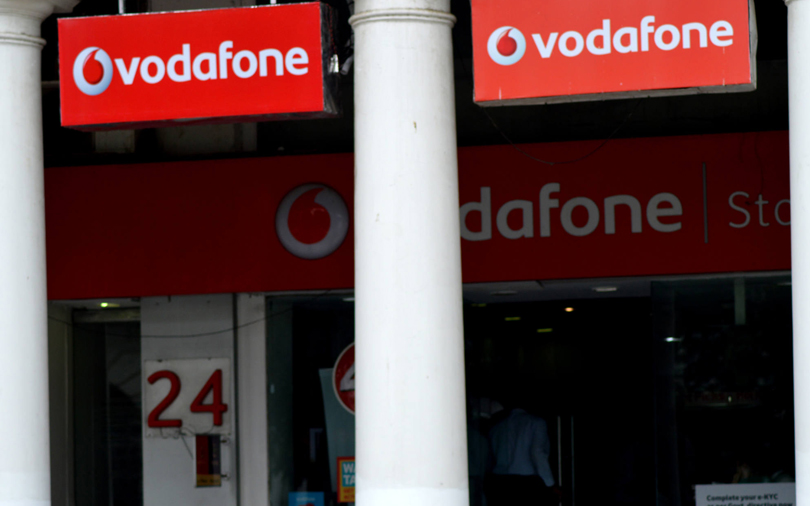
Vodafone pilots IoT-enabled drone tracking for EU


Telecom giant Vodafone is starting a pilot project to test out its 4G internet of things-enabled drone tracking and safety tech for the European Union in a bid to protect aircraft and prevent inadvertent or criminal drone incursions at sensitive locations such as airports, prisons and hospitals.
Regulatory bodies around the world have been working towards a system to track drones because commercial civilian drones are too small to be tracked by conventional radar and they present a risk to pilots worldwide, particularly in the immediate vicinity of airfields and airports.
Drones have also been used for criminal purposes such as drug smuggling and delivering contraband to prisoners, raising concerns for the European Aviation Safety Agency (EASA). Additionally, security and intelligence services are increasingly concerned that terrorists could use drones to carry small but lethal explosive payloads to attack locations targeted using GPS.

According to Vodafone, its drone mapping works on a radio positioning system (RPS) with the help of a 4G modem and SIM embedded in each drone allowed to fly in the skies.
The combination of the modem and SIM allows real-time tracking of each drone (with up to 50 metre accuracy) by drone operators and authorised bodies such as air traffic control even when the drone is over-the-horizon or beyond line-of-sight control by the operator, greatly reducing the risk of accidental incursions, Vodafone said in a statement.
The embedded components can also allow protective geofencing, with drones pre-programmed to land automatically or return to the operator when approaching predetermined exclusion zones such as airports and prisons. They can also help in terms of emergency remote control intervention to provide the authorities with the means of overriding a drone operator’s control to alter a drone’s flight path or force it to land, the company said.

Additionally, the network of communication between the ATC and the drone will be encrypted along with the availability of an artificial intelligence engine that can track large numbers of drones and also maintain control over them remotely.
The telecom giant said it had conducted a preliminary trial last year. “Throughout the preliminary trial - which took place over a 32-kilometre course around the town of Isla Mayor, near Seville in Spain - the drone transmitted a real-time HD video feed and flight data including speed, RPS location and GPS coordinates,” it said.
Further trials, the company said, are now being scheduled in Spain and Germany through 2018 with the intention of making the tech available for commercial use from 2019.

Vodafone also said that it might use RPS to boost the functionality of other IoT devices in future - from luggage tags to bicycles.
